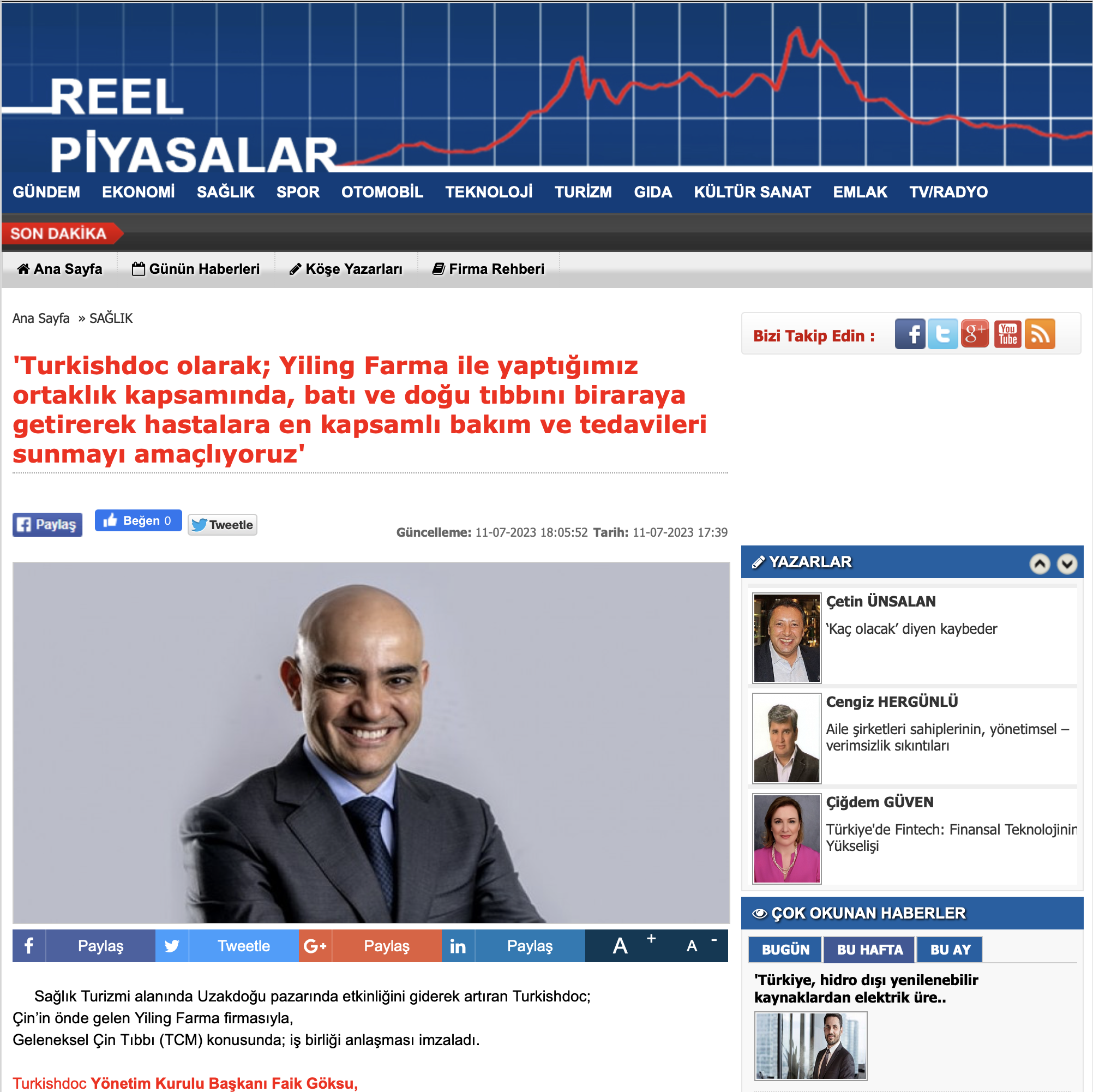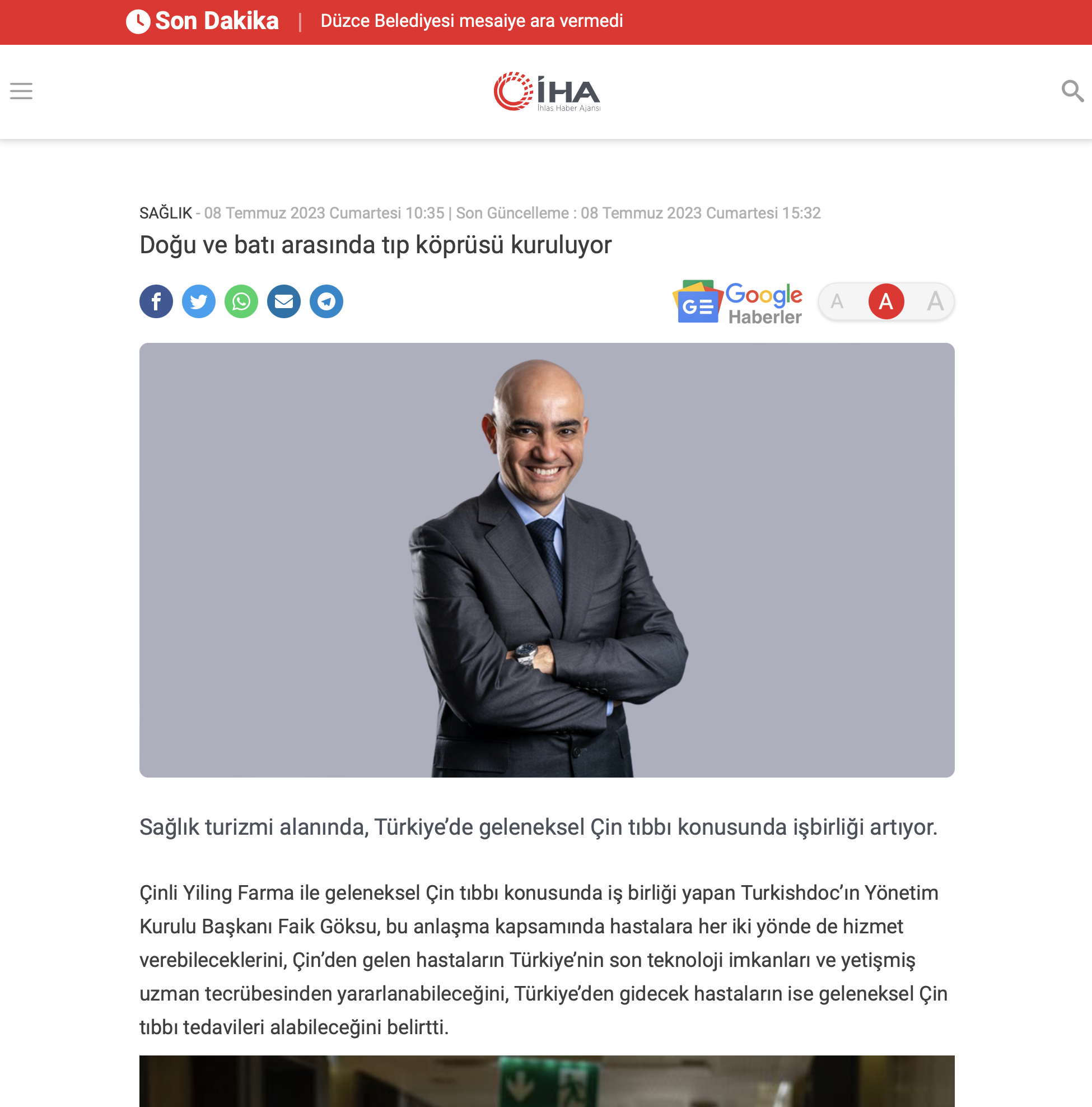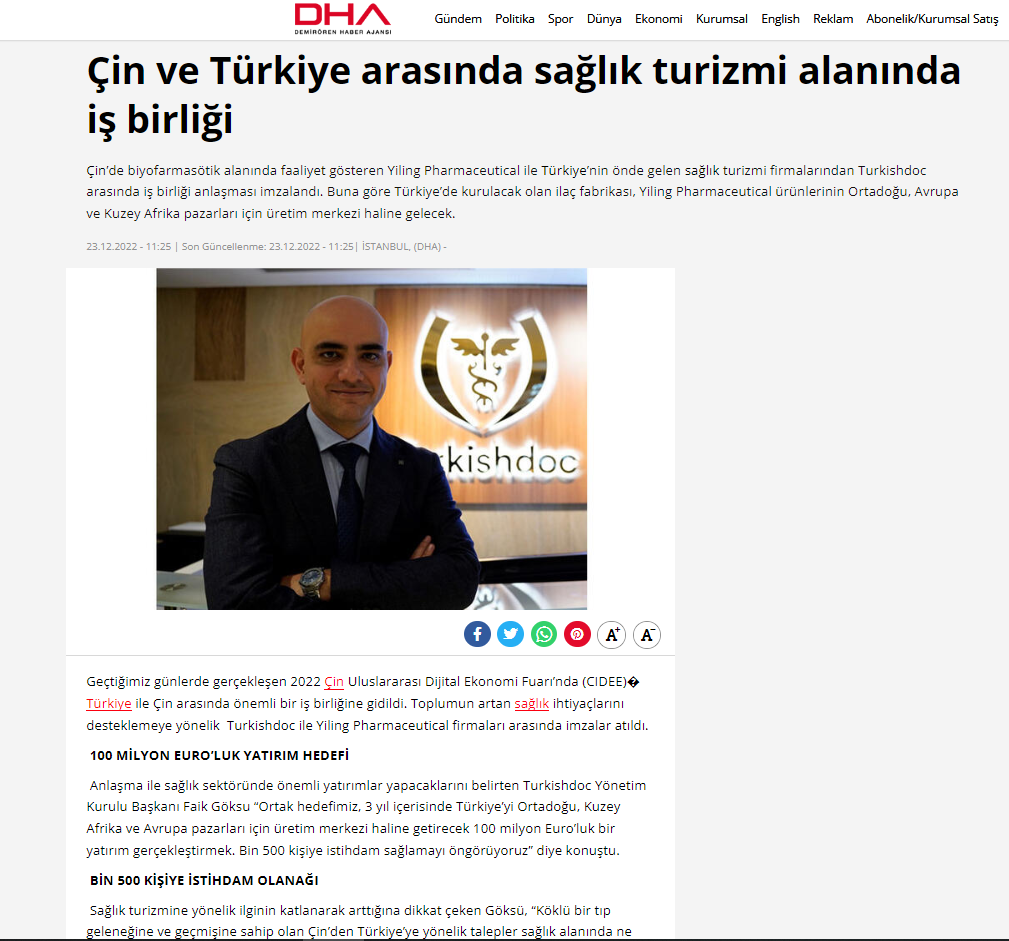Turkishdoc
What Is Pulmonary Valve Regurgitation? Who Can See It and How Does It Occur?
When the pulmonary valve has difficulty functioning, it is called pulmonary valve regurgitation. This heart disease causes blood to leak from the pulmonary artery into the right ventricle. This means that blood leaks into the heart after being pumped into the lungs. Although this common disease is not dangerous, it needs to be treated. Mild cases are not life-threatening, but moderate to severe pulmonary valve regurgitation is dangerous. It should be treated as soon as possible as it can endanger a person’s life. It can see in healthy or unhealthy people and is caused by many causes. The most basic cause is incomplete closure of the pulmonary valve.
Causes of Pulmonary Valve Regurgitation
Pulmonary valve regurgitation can occur in healthy or unhealthy people at mild, moderate, and severe levels. It is also worth noting that it can occur due to many causes. The causes of pulmonary valve regurgitation are as follows:
- Pulmonary Hypertension
The most common cause of pulmonary valve insufficiency is pulmonary hypertension. This is a condition that occurs as a result of high blood pressure in the arteries in the lungs. If the high pressure circulates to the heart, it can damage the pulmonary valve. The high pressure stretches the artery and the valve, causing leakage.
- Endocarditis
This is another important cause of pulmonary valve regurgitation. The inner lining of the heart becomes inflamed due to infections. The use of the injectable drug also increases the risk of this disease.
- Genetic Disorders
Some genetic diseases can also cause pulmonary valve regurgitation. Some genetic diseases, such as Marfan syndrome, can also increase the risk of developing this disease.
- Rheumatic Heart Disease Caused by Bacterial Infections
Untreated bacterial infections can cause a person to develop a febrile illness. This is called rheumatic fever and can lead to rheumatic disease. This disease damages the valves of the heart and also damages the pulmonary valve. As a result, pulmonary valve regurgitation may occur.
In general, the factors that cause pulmonary regurgitation are as above. Some congenital problems may also play a role in the development of this disease. These congenital problems include pulmonary valveless or congenital pulmonic stenosis. The treatment methods used for these conditions can also cause pulmonary valve regurgitation. Some rare tumor types can also cause this valve disease. Carcinoid tumors are one of these. When carcinoid tissue accumulates in the heart, it can cause some functional disorders. In some cases, the cause of this disease may be idiopathic. This means that it is characterized as a disease of unknown cause.
Symptoms of Pulmonary Valve Regurgitation
Pulmonary valve regurgitation, which can occur at any age, can also occur in children or infants. However, it may not cause any symptoms in them. In mild leaks, the symptoms are not obvious, while in moderate and severe leaks, some symptoms begin to appear. Symptoms of pulmonary valve regurgitation include:
- Heart murmur
- Fatigue
- Abnormal heart rhythms
- Heart palpitations
- Fainting
- Feeling dizzy
- Swelling in the abdomen, legs, or ankles
In general, the symptoms of pulmonary valve regurgitation can be similar to those of other valve diseases. In this advanced disease, shortness of breath and rapid fatigue may occur due to exertion. This disease, which can cause many complications, should be treated in mild, moderate, and severe cases. Otherwise, right heart failure, enlarged liver, swelling of the neck veins, and similar findings may be detected. These can reduce the quality of life of the person and jeopardize his/her life.
Risk Factors for Pulmonary Valve Regurgitation
Pulmonic regurgitation has some risk factors. These factors commonly include pulmonary hypertension, congenital heart disease, tetralogy of Fallot, and surgical repair of pulmonary stenosis or pulmonary atresia. The information on common risk factors for pulmonary valve regurgitation is given below:
- Pulmonary Hypertension
Increased blood pressure in the arteries of the lungs is called pulmonary hypertension. This condition, which is characterized by symptoms such as shortness of breath, irregular heartbeat, and dizziness, can lead to pulmonary valve regurgitation. It is therefore the most common risk factor for this disease.
- Congenital Heart Disease
Some congenital heart diseases are also considered risk factors because they can damage the heart valves. Eisenmenger’s syndrome, pulmonary valve, or with congenital pulmonic stenosis are examples of these diseases. These diseases can damage the pulmonary valve and cause pulmonary valve insufficiency.
- Surgical Repair of Tetralogy of Fallot
One of the most common risk factors for pulmonary failure is repair surgery for tetralogy of Fallot. This is a heart condition caused by four abnormalities in the structure of the heart. In repair surgery for this condition, a tube can be inserted between the pulmonary artery. Therefore, pulmonary valve regurgitation may occur due to this surgical procedure. In addition, surgical repair of pulmonary stenosis or pulmonary atresia is also a risk factor. Rarely, risk factors include previous Ross procedures, Marfan’s syndrome, Tertiary syphilis, Chronic kidney disease (CKD), Chest trauma, and Collagen vascular disease.
- Complications of Pulmonary Valve Regurgitation
Pulmonary valve regurgitation can cause some complications, especially if it is severe. These complications may vary depending on the level of the disease. You can find information about the complications that this disease can cause in the headings below.
Right-Sided Heart Failure: The functionality of the heart is impaired as a result of right ventricular weakening and dilatation due to pulmonary insufficiency. When the heart cannot pump enough blood, it exerts too much effort. This can lead to right-sided heart failure with fatigue, shortness of breath, and swelling of the legs and feet.
Infective Endocarditis: Infection of the heart valves or the inner lining of the heart can lead to the development of infective endocarditis. This can cause weakness, organ damage, and fever.
Arrhythmias: Pulmonary insufficiency can also cause arrhythmias, known as irregular heartbeats. This complication weakens the heart and can cause more serious health problems. Sudden cardiac arrest is one of the major health problems this complication can cause.
Right Ventricular Dilation: Is complication can occur if blood flows back into the right ventricle. Enlargement of the right ventricle can affect the functionality of the heart. This complication can therefore lead to symptoms of shortness of breath and fatigue.
Pulmonary Hypertension: The pulmonary artery is an important vessel that carries blood from the heart to the lungs. Over time, progressive pulmonary valve regurgitation can cause high blood pressure in this vessel. This is medically referred to as pulmonary hypertension. This complication puts strain on the right ventricle and can cause it to weaken over time.











